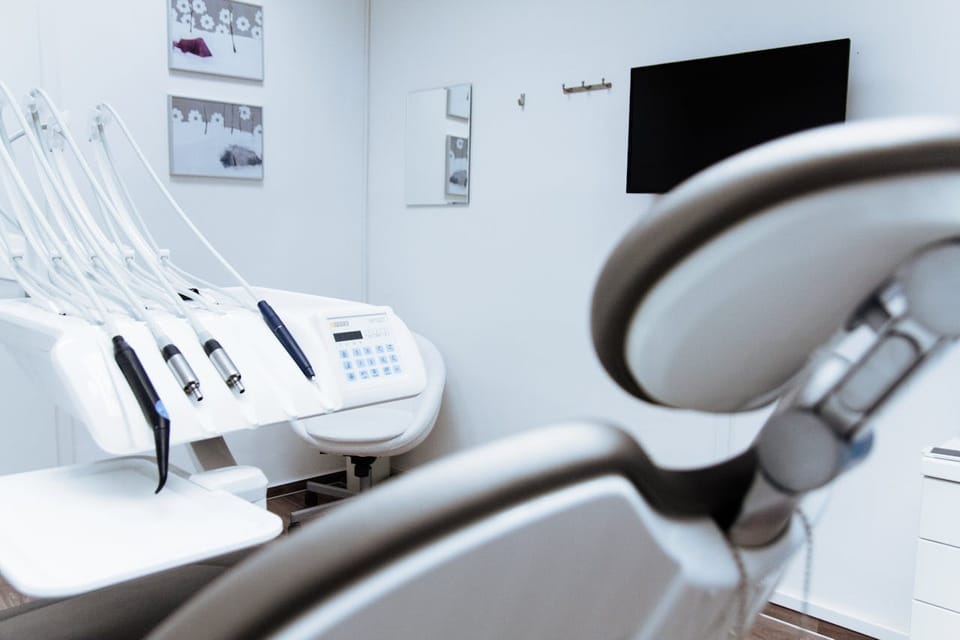Leveraging SEO Strategies in Healthcare Software Development
Table of Content
Technology is constantly changing the way we approach healthcare. From telehealth to patient monitoring, software development in the healthcare industry is game-changing. With the click of a button, patients can schedule a lab appointment. With a few typed words, doctors can update patients on a question they may have. How can patients and doctors know about these updated technologies, however? This is where marketing—specifically SEO—comes into play.
Factors in a Winning Healthcare Software SEO Strategy
Any SEO strategy can fail when you don’t consider relevant factors in your business goals. What does your medical software do? Who does it benefit? Who needs to purchase or use it? The answers to these questions will help tailor your marketing and SEO approach.
Target Audience
No matter how detailed or in-depth a medical SEO campaign is, it fails when you can’t nail a target audience. Since healthcare software makes the lives of doctors and patients easier, developers should target the audience who will be purchasing this software. Doctors can also target patients to benefit from this software and why it makes their practice a better, stress-free experience than other practices.
Developers can target patients who will buy software like healthcare apps. For example, software that keeps track of health and vital signs to send to a patient’s doctor for a small fee should target those patients who will purchase it.
The Right Keyword Research
With a proper target audience in mind, keyword research needs to be relevant to the audiences you’re targeting. Keywords like, ‘how to manage medications better’ likely won’t be relevant to medical doctors, but to patients instead. If your target audience is patients, then that’s great! If not, time to revise. T
hink keyphrases such as, ‘prescription writing software’ to target doctors or healthcare practices specifically. If your target audience would search for it, then it’s likely a great fit.
Remember, keywords are only as useful as their difficulty, volume, and other metrics, so make certain your keyword research is done properly.
Relevant On-Page SEO
On-page SEO is typically created to help your target audience learn or solve issues. If your software improves patient care for doctors, guides on improving patient care are highly relevant and part of a great on-page SEO campaign. On the other hand, if you’re looking to help on the patient side of matters, guides that patients can use to improve their healthcare and lifestyle are perfect in the healthcare SEO spectrum.
The Right Off-Page Affiliates
If you think of off-page SEO as the internet’s version of word of mouth, you can probably infer how important it is. Choosing the right backlink affiliates to link to your website is crucial. Harmful medical sources create not only a bad reputation for you but your software or practice as well. Great detail should go into researching off-page SEO affiliates. Backlinks are important, but the quality of them should not be ignored. Link building experts can help with this.
Local SEO
The great thing about healthcare software is that it can be a nationwide or worldwide technology, depending on what the software does. However, if there is any aspect of your software or practice that relies on local buyers, you’re missing out if you aren’t utilizing local SEO as part of your campaign.
Adding local keywords such as the city or state your practice or software is located in can make a huge difference in attracting local patients or doctors, particularly if the software benefits those in a particular state (health insurance software or practice locating, for example). Adding local words can also lower keyword difficulties, depending on the location and accompanying keywords.
What Doctors Can Do
In addition to the above, doctors can improve their online presence to reach out to a wider variety of patients regarding technological and software improvements. For example, many patients search for healthcare practices in order of good reviews or quantity of reviews.
Since business reviews are an important part of local and map-related SEO, encouraging reviews helps your practice be more visible. Allowing online appointment scheduling and messaging, and advertising this, can attract more patients and allow for better patient care through software.

What Software Developers Can Do
As software developers working in the healthcare industry, knowing your B2B audience is key. Marketing to doctors, pharmacists, hospitals, and other healthcare sectors with on-topic SEO campaigns can help your software spread to more practices, and in turn, benefit more patients. Off-page SEO can help create backlinks to your software’s website on trusted medical websites, furthering your reach. Physical presence at medical conferences is important as well.
Conclusion
A solid SEO campaign can help bridge the gap between technology and healthcare practices. Whether you’re new to the world of healthcare technology as a doctor or patient, or looking to add to an already-impressive set of healthcare tech, SEO is a capable tool to capture any audience or goal.











